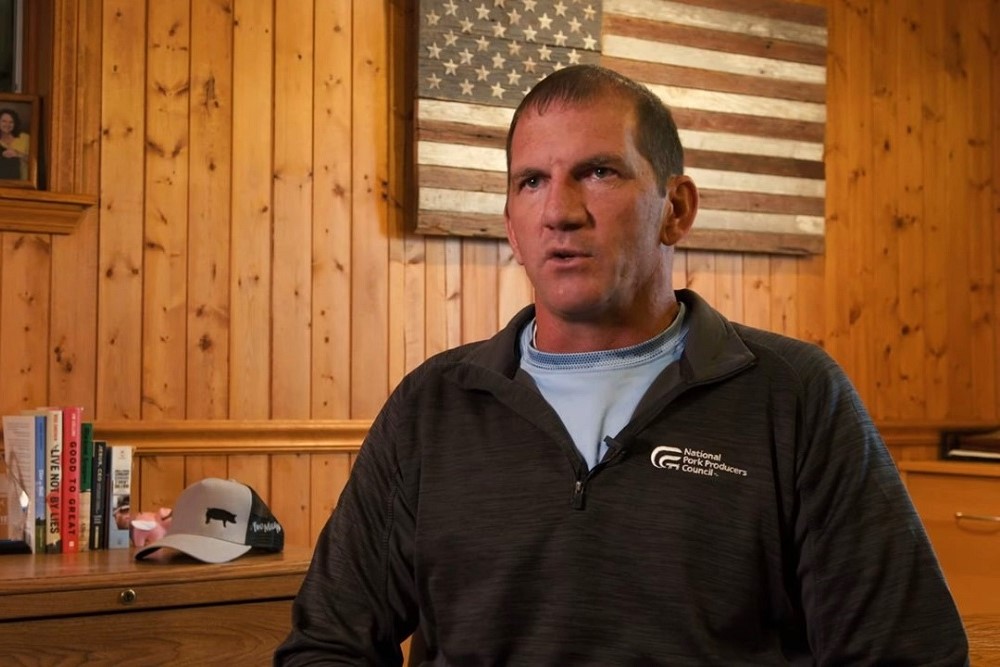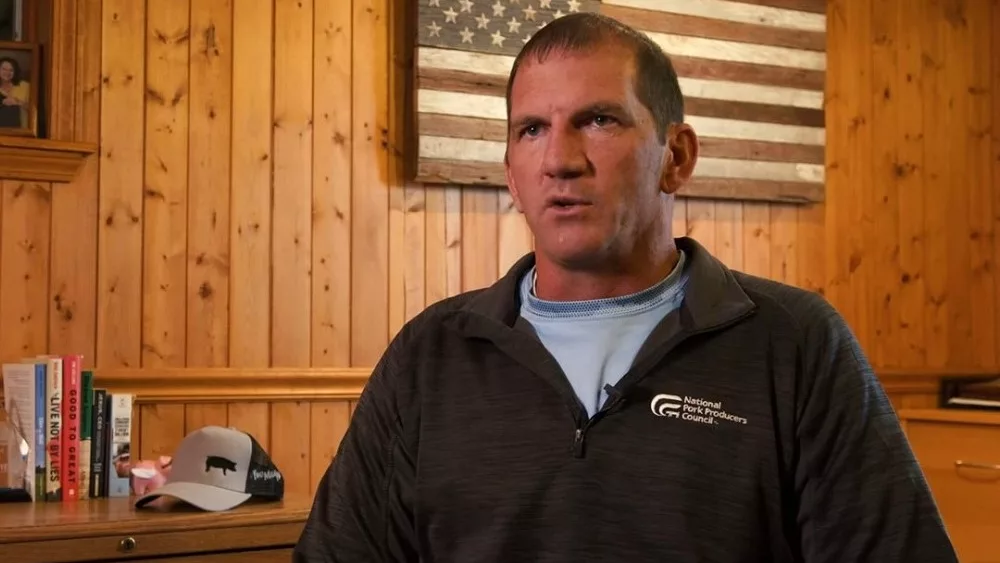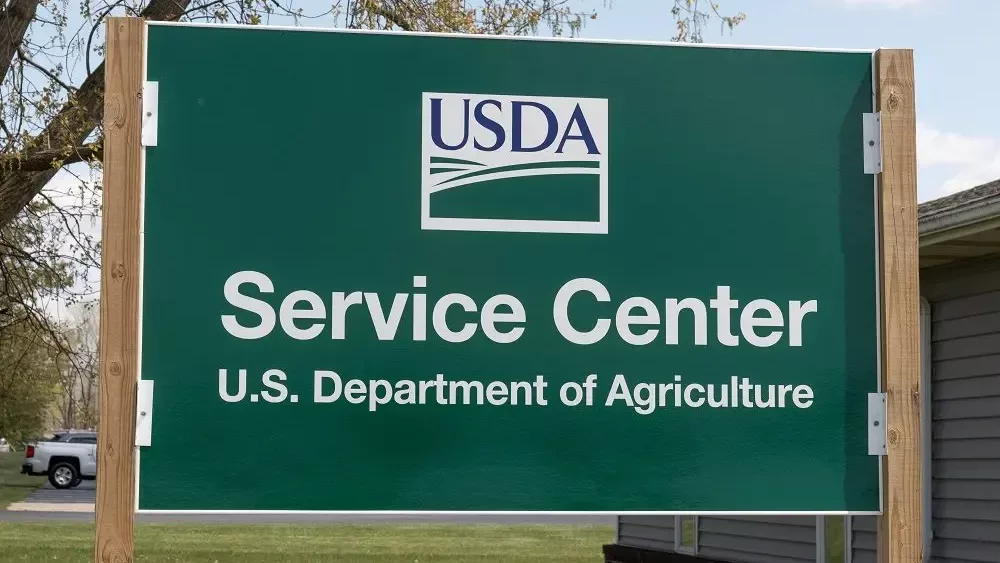
Even though California’s Proposition 12 just took effect on Monday, Jan. 1, it was already having a negative impact on the pork industry before the new year even began.
“What we see with California now that it’s been enacted is higher meat prices in California,” says Scott Hays, President of the National Pork Producers Council (NPPC).
He says the new law has not only raised the price of pork in California, it has also created a shortage of pork supplies there.
“Prices in August were up as much as 27 percent in California on the cuts that are affected by Prop 12, while the rest of the country has seen about a two percent decrease in price. There’s also a little bit of an issue with the availability of product,” according to Hays.
He says that Prop 12 is not what it was marketed to be.
“They tout it as a higher standard for animal welfare. It is not. It is simply a different standard that causes farmers to have to change the way they raise pigs and make a sizable capital investment to make that change, which is not better necessarily for the pigs. Farmers and veterinarians, they know how to take care of pigs, not the activists in California,” says Hays.
Since the U.S. Supreme Court’s decision last May to uphold California’s Prop 12 in National Pork Producers Council v. Ross, those within the pork industry have been pushing lawmakers in Washington to pass a bill to override Prop 12 and a prevent a state—like California—from dictating how industries in other states must be regulated.
“Keep in mind, the Supreme Court agreed that this is a problem, and it’s a real problem. They just didn’t think it was their problem. We still have hope that we can get Congress to see this as a real problem and get it fixed. As far as a watch out for other industries. I think this opens up the door for about anything. If any state says we don’t like the way another state’s doing something, they have the right to regulate it now,” says Hays.
Source: NAFB News Service.






